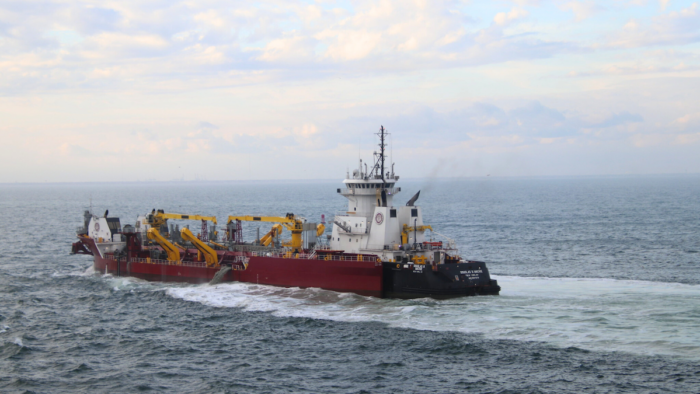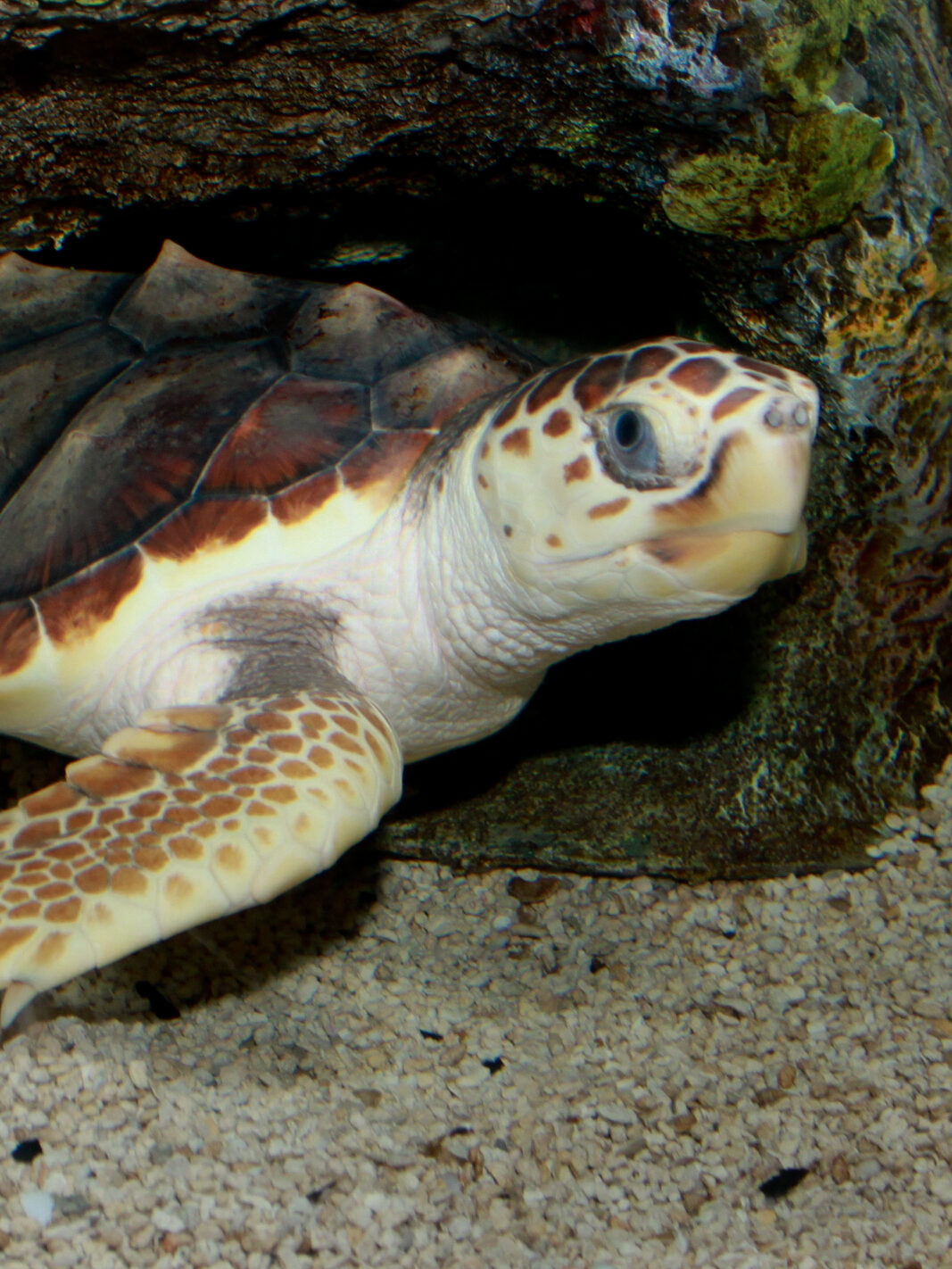A win for sea turtles on the Georgia coast
Home to threatened loggerhead sea turtles, Georgia’s coast is once again safe from harmful dredging. Following a recent lawsuit from SELC on behalf of One Hundred Miles, the U.S. Army Corps of Engineers agreed to drop their harmful dredging plans during the spring and summer months, which is the height of loggerhead nesting season.

This announcement comes on the heels of another successful SELC lawsuit in North Carolina, where last September the Corps similarly agreed to halt year-round dredging plans after a court ordered the agency to create a more adequate environmental review.
The dredging halt is an important step in protecting marine wildlife in Brunswick Harbor, located about 80 miles south of Savannah. This type of dredging removes sediment with suction pipes, vacuuming up everything on the sea floor and therefore poses a risk to local wildlife, particularly to loggerhead sea turtles that can easily be trapped in the equipment causing significant injury or death.
We’re relieved the Corps has agreed to abandon plans for year-round dredging in Brunswick Harbor—a move that, according to state biologists, would have almost certainly killed and injured federally threatened sea turtles.
Senior Attorney Megan Huynh
In a major victory for Georgia’s coastal wildlife, the Corps has agreed to conduct a rigorous environmental review and to only dredge in the winter months pending that review. This win is critical to the recovery of Georgia’s loggerhead sea turtles, which had a record nest and hatchling count in 2022 on the Georgia coast.
“While dredging plays an essential role in keeping Georgia’s harbors safe and navigable, these benefits can be safely and effectively met by adhering to established winter dredging windows — as has been done for more than three decades,” said SELC’s Huynh.

The Corps first proposed spring and summer hopper dredging in Brunswick Harbor in spring 2021 causing SELC to challenge the proposal in federal court. That case led to the court’s decision requiring the agency to conduct an environmental review.
At the same time, the Corps finalized an inadequate environmental review to remove similar restrictions in North Carolina. With a successful challenge of that review the stage was set for what was to come in Georgia.
Last summer, the Corps issued a cursory analysis for Brunswick Harbor, concluding that spring and summer dredging would have no significant impact on wildlife. Using that analysis as justification, the Corps contracted to have the harbor dredged in 2023, leading to the second lawsuit.
“We’re pleased that the Corps has committed to go back and fully review the science. And the science is clear—spring and summer dredging puts Georgia’s sea turtles, and decades of conservation progress, at risk,” said Catherine Ridley, Vice President of Education and Communications for One Hundred Miles. “This harmful practice would have gone against the strenuous objections of state biologists and defied more than 30 years of precedent. It’s a dangerous and unnecessary risk—one we cannot afford to take if we want to recover loggerheads and other sea turtle species.”
This work to better protect sea turtles and other coastal species in North Carolina and Georgia speaks to the power of SELC’s regional model and our ability to get results for threatened and endangered wildlife.
